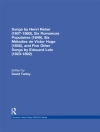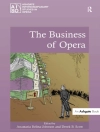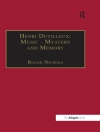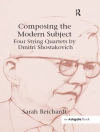In 1905, representatives from dozens of radical labor groups came together in Chicago to form One Big Union—the Industrial Workers of the World (IWW), known as the Wobblies. The union was a big presence in the labor movement, leading strikes, walkouts, and rallies across the nation. And everywhere its members went, they sang.
Their songs were sung in mining camps and textile mills, hobo jungles and flop houses, and anywhere workers might be recruited to the Wobblies’ cause. The songs were published in a pocketsize tome called the Little Red Songbook, which was so successful that it’s been published continuously since 1909. In The Big Red Songbook, the editors have gathered songs from over three dozen editions, plus additional songs, rare artwork, personal recollections, discographies, and more into one big all-embracing book.
IWW poets/composers strove to nurture revolutionary consciousness. Each piece, whether topical, hortatory, elegiac, or comic served to educate, agitate, and emancipate workers. A handful of Wobbly numbers have become classics, still sung by labor groups and folk singers. They include Joe Hill’s sardonic “The Preacher and the Slave” (sometimes known by its famous phrase “Pie in the Sky”) and Ralph Chaplin’s “Solidarity Forever.” Songs lost or found, sacred or irreverent, touted or neglected, serious or zany, singable or not, are here. The Wobblies and their friends have been singing for a century. May this comprehensive gathering simultaneously celebrate past battles and chart future goals.
In addition to the 250+ songs, writings are included from Archie Green, Franklin Rosemont, David Roediger, Salvatore Salerno, Judy Branfman, Richard Brazier, James Connell, Carlos Cortez, Bill Friedland, Virginia Martin, Harry Mc Clintock, Fred Thompson, Adam Machado, and many more.
关于作者
Utah Phillips (1935–2008) was a labor organizer, folk singer, storyteller, poet, and the “Golden Voice of the Great Southwest.” He described the struggles of labor unions and the power of direct action, self-identifying as an anarchist. He often promoted the Industrial Workers of the World in his music, actions, and words.












